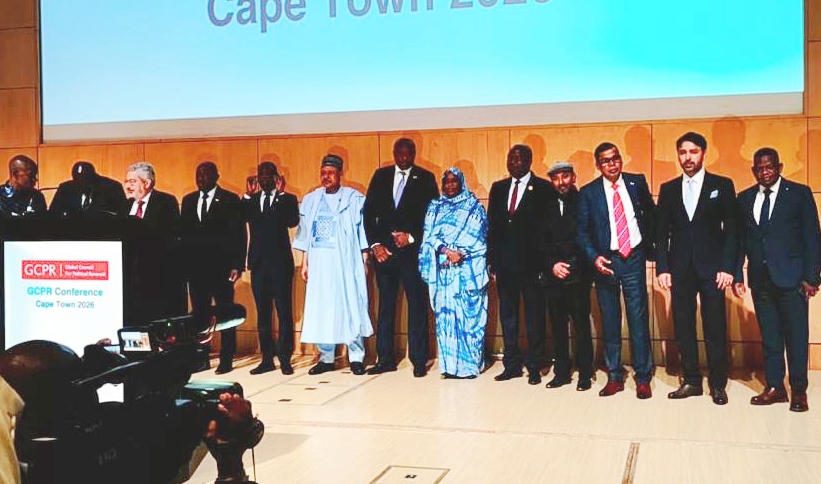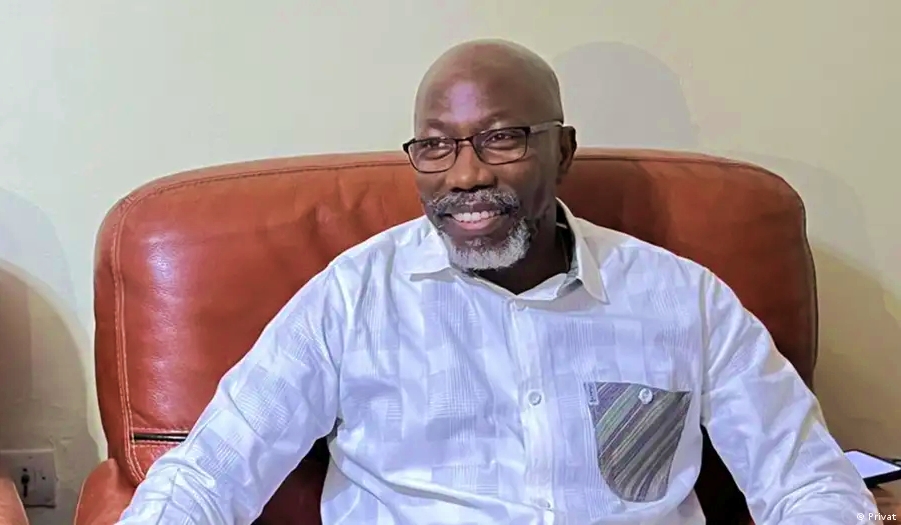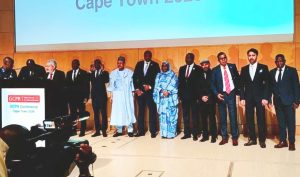Under the leadership of Imam Abdoulie Fatty and his Salafi group, Islamic organizations are urging lawmakers in the Banjul Parliament to lift the prohibition on female genital mutilation (FGM). The group argues that FGM is a religious practice that should be preserved and promoted, citing it as a fundamental aspect of their culture and identity.
Imam Abdoulie Fatty, a prominent figure who served as the State House Imam under Yahya Jammeh’s dictatorship, organized a group of women and men to pressure parliamentarians to support the bill lifting the ban on FGM. Despite his activism, Imam Fatty declined to explain his support for a practice widely condemned for its harmful effects on women and girls, stating it was a personal choice not to engage with the media.
The proposed law to abolish the ban on FGM, initiated by Independent National Assembly Member Almami Gibba, has sparked intense debate among legislators, activists, and community members. While some argue for the preservation of cultural and religious customs, opponents of FGM view it as a violation of human rights.
The outcome of Parliament’s deliberations on this issue will have far-reaching implications for women’s and girls’ rights in the country, highlighting the complex and contentious nature of the FGM debate in The Gambia.










